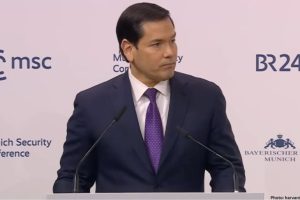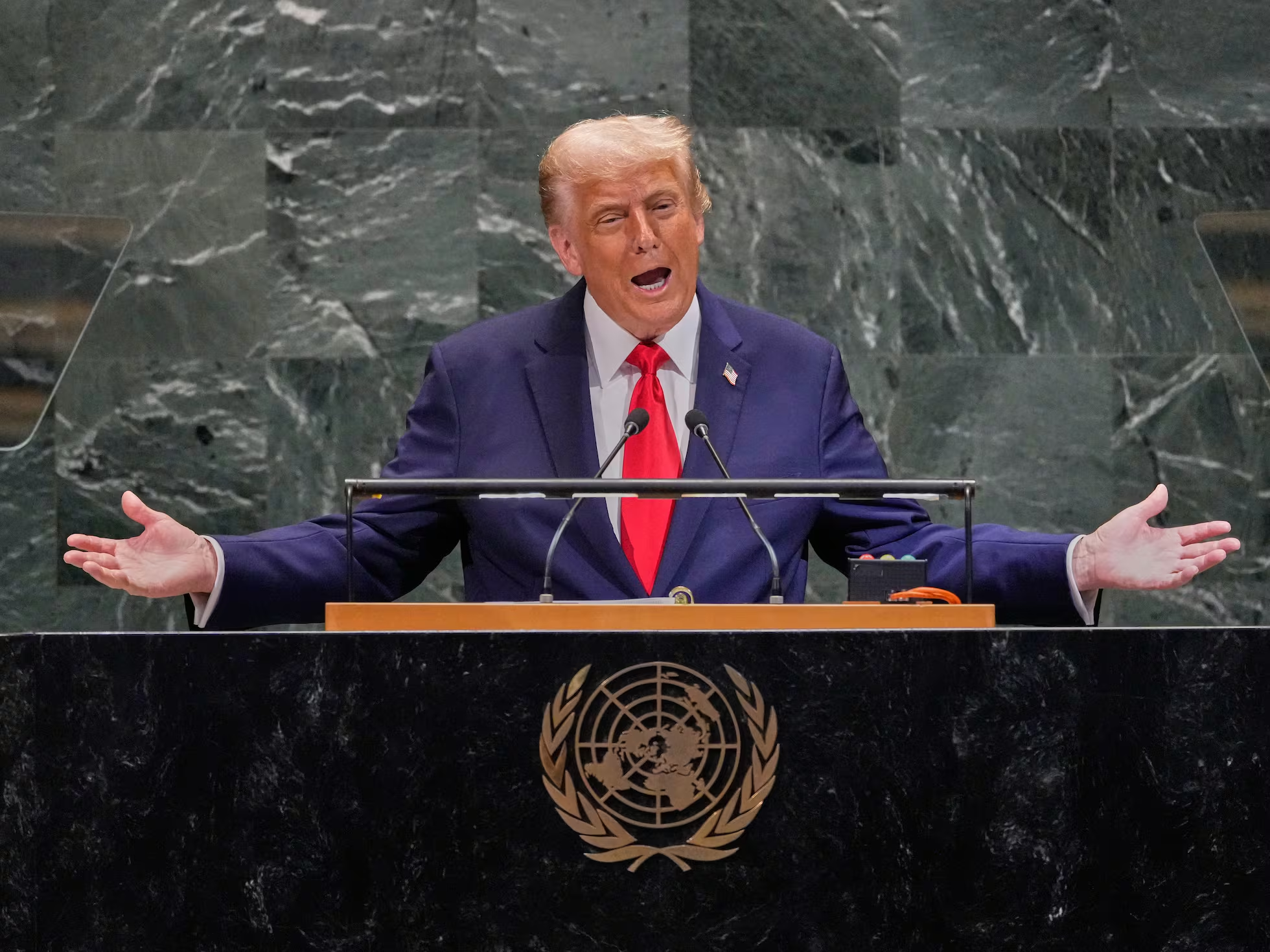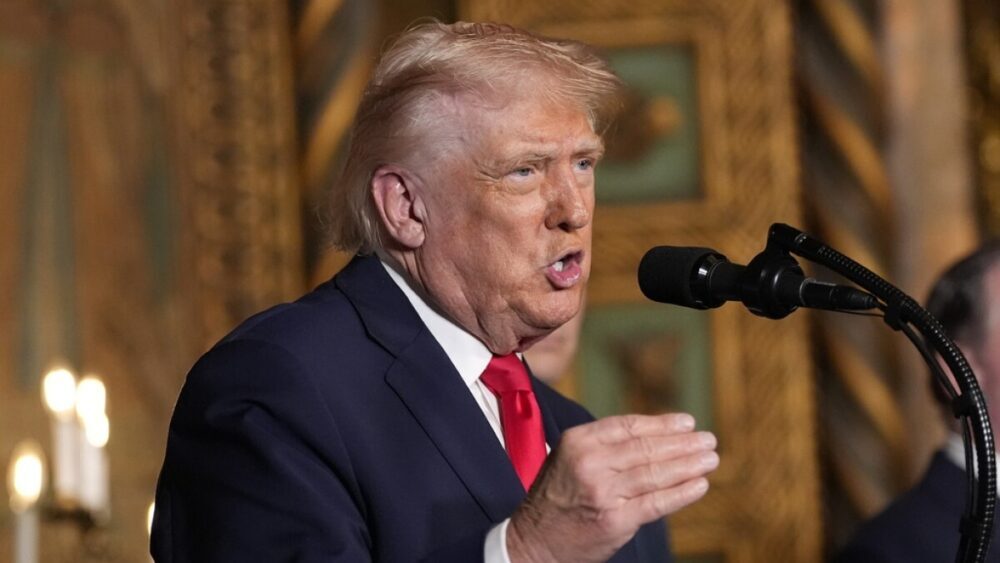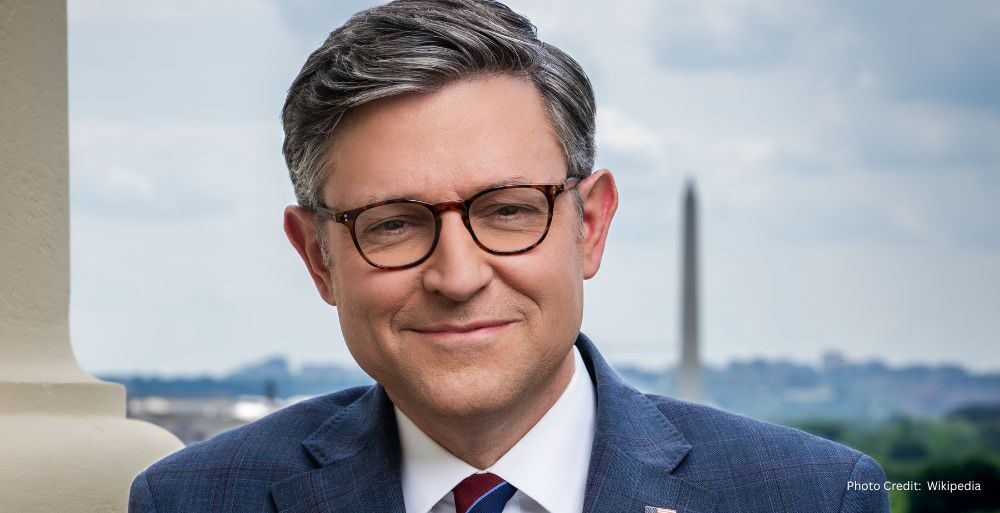At the 2025 United Nations General Assembly, Donald Trump used his platform to deliver a forceful address that framed much of his administration’s foreign policy priorities. He pushed back against global institutions, criticized green energy and immigration policies, and emphasized national sovereignty as a guiding principle.
Trump’s speech struck a pointed tone toward Europe, reproaching its immigration strategies and energy transitions. He asserted that embracing renewable policies and open borders could damage economies, cautioning that some nations risked compromising their autonomy in pursuit of international consensus.
The address also reflected a notable pivot on Ukraine. Trump praised Ukraine’s resolve and expressed confidence in its ability to reclaim lost territory, marking a departure from more cautious U.S. statements. Still, he stopped short of committing additional direct military intervention, instead emphasizing diplomatic support through alliances like NATO.
Reaction from European leaders was mixed: while many reaffirmed their commitment to shared values like democracy and multilateral cooperation, they also voiced concern that Trump’s rhetoric might undermine transatlantic solidarity. Observers noted that his speech signaled a growing rift within the Western alliance over climate action, global governance, and national interest.
In sum, Trump’s UN address reinforced a narrative of American exceptionalism and self-reliance—while raising strategic questions about U.S. global engagement, alliance cohesion, and the future shape of international cooperation.















